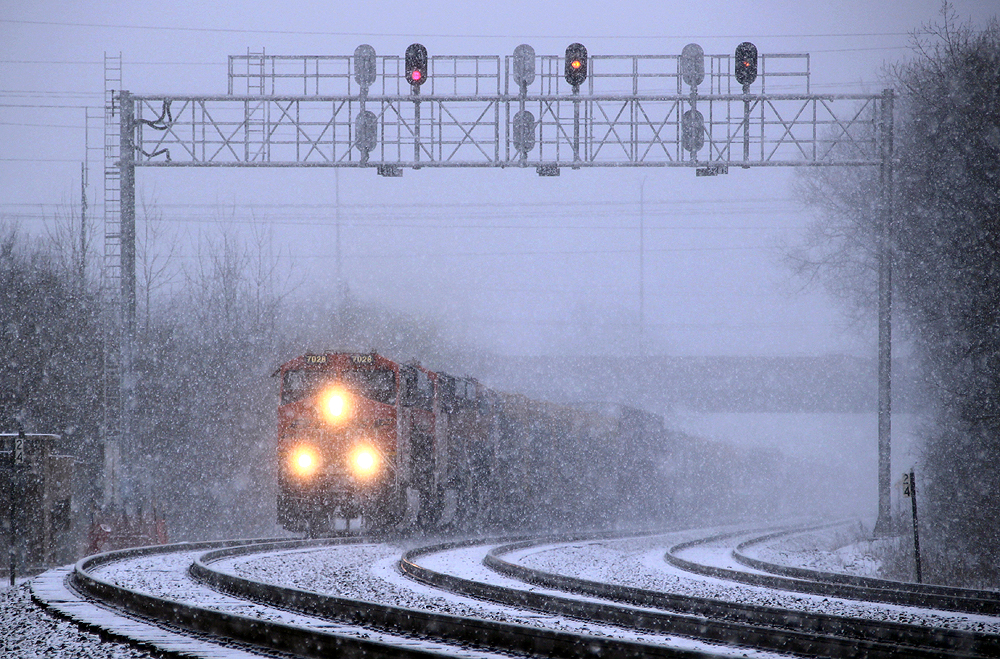
WASHINGTON — Members of a key congressional committee on Wednesday expressed frustration with widespread railroad service problems and the Surface Transportation Board’s response.
“The facts are undeniable. Freight service in the United States of America … is abysmal,” said Rep. Peter DeFazio, the Oregon Democrat who chairs the House Transportation and Infrastructure Committee.
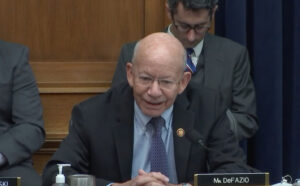
DeFazio said the STB, which held a two-day hearing on rail service last month, was moving too slowly as shippers and the economy suffer from poor rail service. The STB needs to act quickly and decisively to fix the crisis or Congress will have to step in with new regulations, he told the five members of the STB.
The board members were on hand at the hearing that was called regarding Surface Transportation Board reauthorization but instead focused much more on what can be done to improve Class I railroad service.
STB Chairman Martin J. Oberman told the subcommittee on railroads, pipelines, and hazardous materials that rail service problems are due to a shortage of rail labor. And the cause of the labor shortage, he says, is a massive wave of layoffs of train and engine crews and other rail workers over the past six years.
Wall Street demands for higher profits have prompted the railroads to cut resources so deeply – including crews, locomotives, and yards – that there was no cushion left to respond to a crisis like the pandemic or severe weather, Oberman says.
“The problems in the railroad industry are self-inflicted,” he says.
The STB last week ordered the railroads to provide more service and staffing data, submit service recovery plans, and explain what they are doing to speed up their networks. Last month the board sought to expand its powers to issue emergency service orders in specific cases. And the board also hopes to issue decisions this fall on two ways shippers can challenge rates, Oberman says, followed by a decision to expand reciprocal switching.
Some members of the committee, leery of new regulatory burdens on the rail industry, asked if STB actions might make matters worse instead of better. “The supply chain has been so bollixed up by the railroads that anything we can do I think would only improve the situation,” Oberman says.
DeFazio asked if railroads’ common carrier obligation to provide service upon reasonable request needs to be further defined. “Is the common carrier language too vague to prevent these reductions in service? Because we can redefine what it means,” DeFazio says.
Oberman says the STB has the authority to define the common carrier obligation more specifically but has struggled to come up with workable language that would apply broadly and be enforceable in court.
“When I hear you hope to get something done by the end of the year, that doesn’t help me much here. I feel much more of a sense of urgency,” DeFazio says.
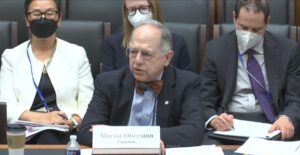
Oberman said the board would welcome working with the committee on drafting a tighter common carrier definition.
DeFazio was critical of Class I railroads’ multibillion-dollar stock buyback programs and dividend increases. “Can you suggest something we can [do to] deal with this egregious behavior by these people,” DeFazio asked STB member Robert Primus.
Primus said he shares DeFazio’s concerns, noting that the publicly traded Class I systems are returning more money to shareholders in the form of buybacks and dividends than they are spending to maintain and expand their networks. “There has to be a refocus of priorities,” Primus said.
But Oberman said that telling Wall Street how to behave is beyond the board’s mandate.
Oberman suggested that service standards could be made part of common carrier obligation. “To me the way to go is to change the incentives and not try to micromanage how they operate the actual railroad,” he explained.
Some of the Democrats on the committee, including DeFazio, were highly critical of Precision Scheduled Railroading, which has led to significant reductions in rail employment since 2017.
Oberman’s written testimony is available here, while a recording of the hearing is available on YouTube.







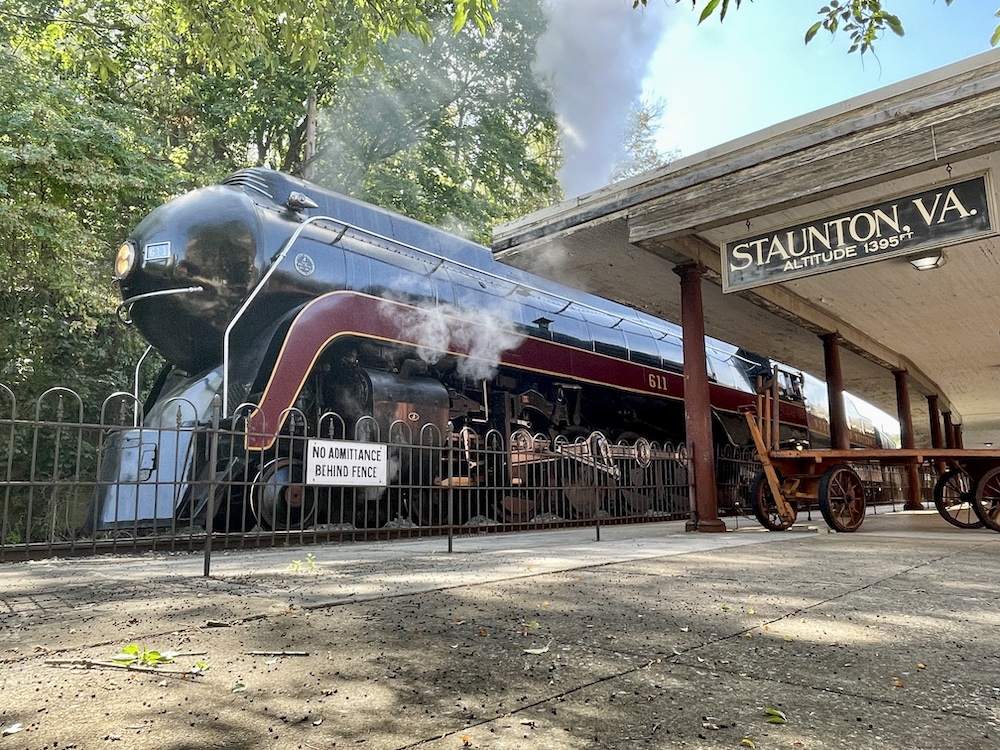

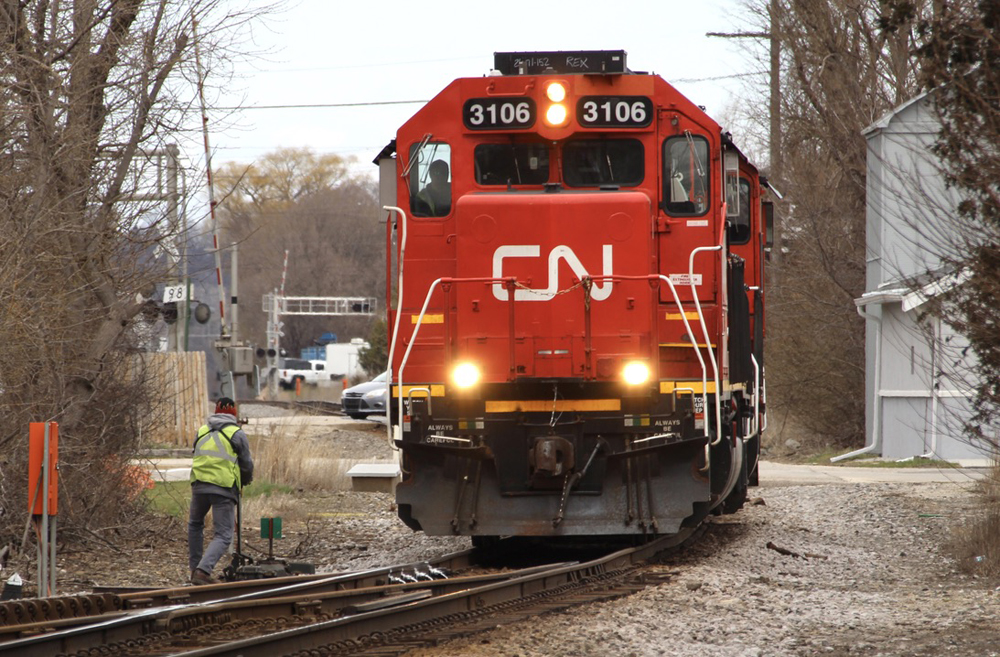




Sounds silly, but call in the National Guard. You could probably train them faster and get better adherence to the rules faster than taking just anyone and waiting for them to get trained and adapted.
They have tons of people that work in the Mobility Command and have to learn logistics handling, including engagement of railroads.
Then when the Class 1’s get caught up with more long term human resources, they can phase out the NG stand ins.
I am quite sure the unions would file a lawsuit to protest, because they are about job preservation, not quality of service.
That’s a ridiculous idea. It’s still nothing more than people off of the streets who still need training.
Of course the unions would and should fight such an idea because it solves nothing and would just put more lives in danger.
Oh and the company isn’t about quality of service in case you are ( obviously unaware). They have raped their customers and employees for the last three years and now act like they had no idea this would happen. They are only about $$$ and don’t care who dies or what gets destroyed in the process.
Talk to some people who operate the trains and you will be astonished at what’s going on. Even the union didn’t do a good job at the STB meeting in describing how it really has gooten. We are literally one bad day from throwing a major wrench into the gears of the economy.
We don’t maintain the engines because we dont have enough people. We are forcing people with 1/4 of the traditional training to go out and do a very dangerous job where mistakes can be catastrophic.
They had us running oil and ethanol train together for a time through major US cities not for efficiency or safety or the environment but simply for $$$$. The twist is it actually costs more because it takes more crews than before with the exact same power. Building them and yarding them takes more than twice as long and when they outlaw ( and they always do) and no crew has been called ( NS movement office is horrific. They are having to hire people off of the street. A few weeks ago we had 7 dispatchers and 2 chiefs walk) it cause us to single track which snowballs into a disaster.
Things are not good at all and are not going to get good until they force them to reduce train size and get themselves organized.
Why not include a definition of a viable OR in the common carrier obligations, that would get WS to back down and give the RR’s a leg to stand on when WS demands a lower OR…set at around 70 – 75(upper limit would be 80 in my book, but I think 75 is enough), that leaves enough room for profit, paying crews sufficiently, maintenance and serving customers.
Oberman made some good comments, but it smacks of hubris to think that anything the STB would do would improve service on the Class Is. Often, government intervention, no matter how well intended, leads to unintended consequences that worsen the situation.
Completely disagree. However gov’t should regulate using sticks (and incentives) that industry understands– dollars. In other words fineslarge enough for class 1s to feel and making it easier for shippers to sue for breach of contract or lousy service with defined minimum punative awards based on amount of harm fawards.
You are 100% correct. The fines applied by both the FRA and STB are a joke. They need to be made into personal fines for leadership.
This is all self inflicted. The STB’s plan will do nothing because the railroads will lie about metrics. They already do so internally and externally. Two days ago in a major stretch of the northern region we were in near meltdown mode with as many recrews being called as regular trains. At times even more short turns than regular trains. Half of those short turns were called under helper symbols which means they can lie about what they were and no one knows the difference.
The STB needs to get extremely heavy-handed with these criminals